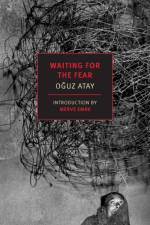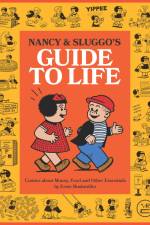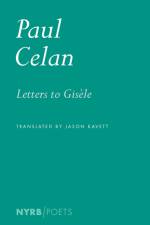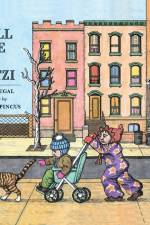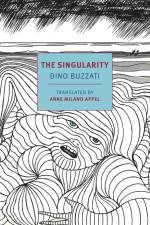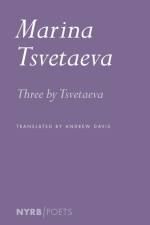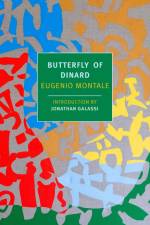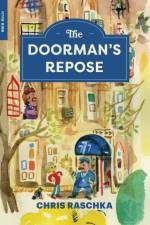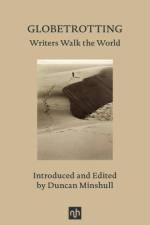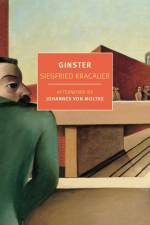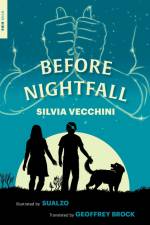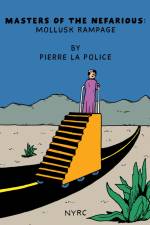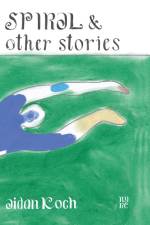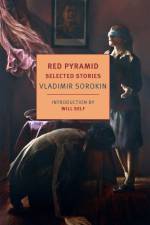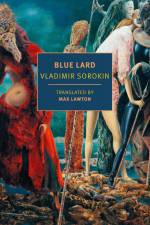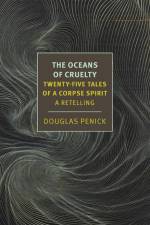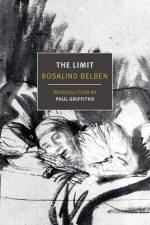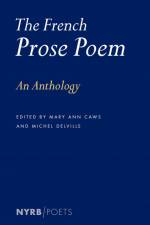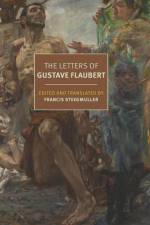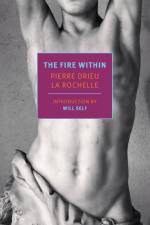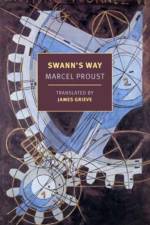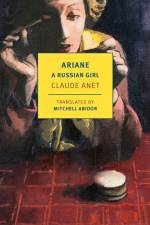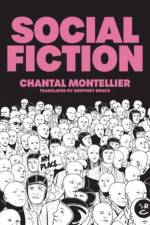av Paul Celan
331
"Insightful and provocative letters by a great twentieth-century poet to his artist wife about life and, revealingly, his own writing. An intimate look at this canonical poet's process, mental health, and quotidian moments during the early 1950s. Paul Celan, a Jewish poet born in the Bukovina, now part of Romania, who survived the Nazi genocide and moved to Paris while continuing to write in German, is recognized as one of the most powerful poetic imaginations of the second half of the twentieth century. His work, a touchstone not only for poets but for historians and philosophers, has been translated into countless languages. The letters he wrote to his wife, the artist Gisáele Lestrange, now published for the first time in English, provide the best picture we have of Celan's complicated personality and the course of his life, both private and public. The life was troubled by paranoid episodes and repeated mental breakdowns ending in hospitalization, and in 1970 he committed suicide. At the same time, his devotion to his work as a poet and translator (of Shakespeare, Dickinson, and Mandelstam, among others) was unflagging. This selection of his letters to Gisáele, which also includes his letters to his young son, Eric, as well as significant number of Gisáele's own letters, covers almost all of his literary career, and while it is a personal document, offering a remarkable protrait of a great poet, a tender husband and father, and a difficult but enduring marriage, it is also a poetic one, providing Celan's translations for Gisáele of his poems from German into French and his extensive commentaries on them. It takes us to Celan's work desk, capturing him in the act of composition while also giving us Celan's reading of Celan. Bertrand Badiou's notes transmit precious information about Celan's work and life. The volume also includes photographs and a detailed chronology of the poet's life"--

